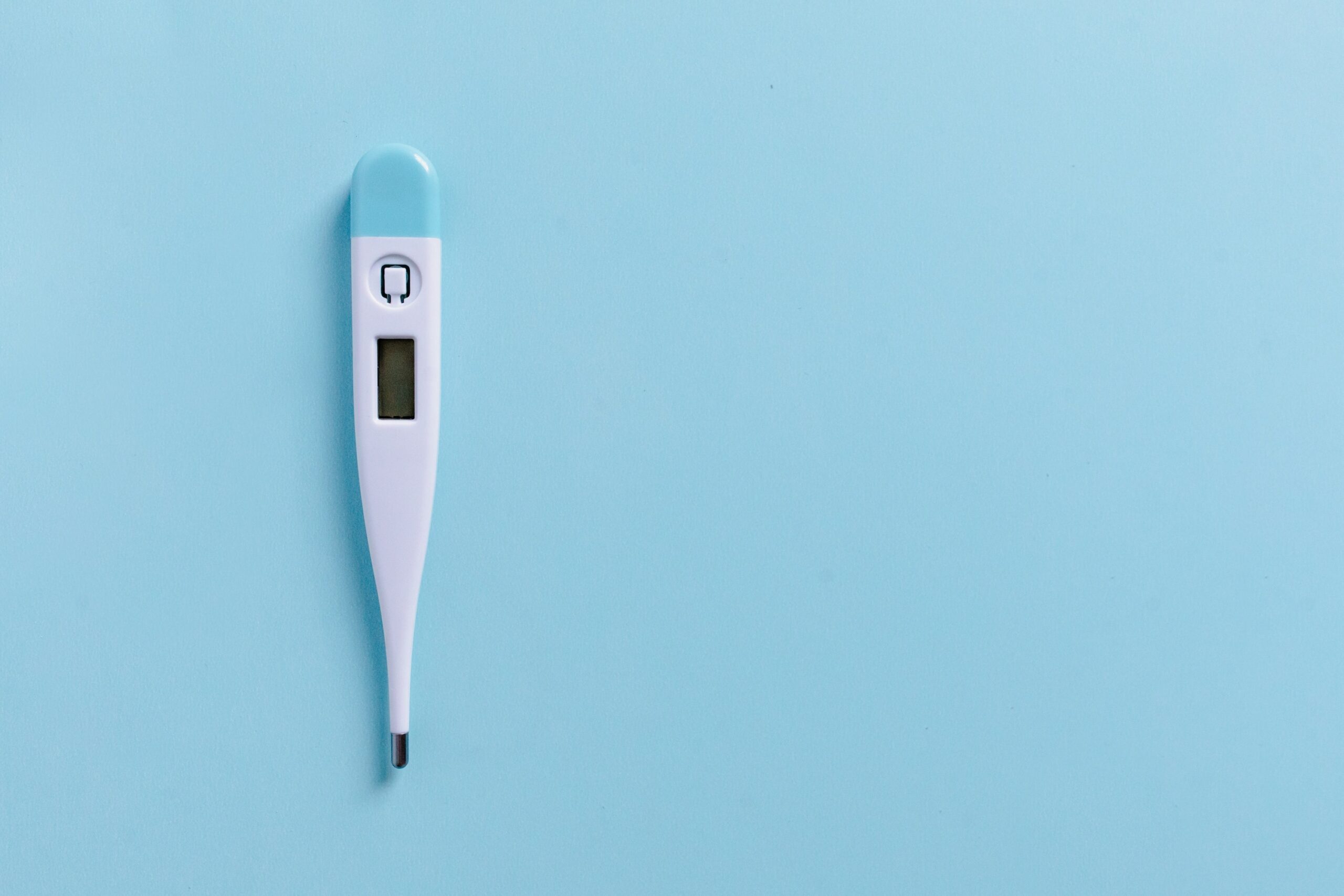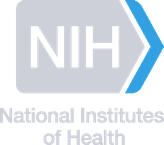COVID-19 Citizen Science investigators recently published a new peer-reviewed manuscript called, “Factors Associated with Access to and Timing of Coronavirus Testing Among US Adults After Onset of Febrile Illness: The Covid-19 Citizen Science Study.” The goal of the study was to understand patterns of COVID-19 testing and receipt of test results after people start feeling sick with a fever during the pandemic.
The researchers analyzed survey responses from over 37,000 COVID-19 Citizen Scientists in the U.S. between April and October 2020, just before the winter COVID-19 surge. During that time, 3,865 new fevers were reported but only 12% of those respondents got a COVID-19 test result! In fact, the authors estimate that by 7 days after onset of a fever, only 20.5% of people got a COVID-19 test result overall – an amount that increased sharply from 9.8% early in the pandemic to 24.1% at the end of July, but then remained relatively unchanged through October, when it rose to only 25.9%. Importantly, Black participants reported receiving a test result about half as often as others (7% of survey responses vs. 12% for Hispanic vs. 13% for not Black, not Hispanic).
These results indicate widespread underuse of COVID-19 testing through late October 2020 that may have contributed to preventable coronavirus transmission, especially in Black communities. Further research is needed to identify barriers to testing, especially in Black communities. This research suggests that increased testing after the onset of symptoms such as fever may lead to further reductions in COVID-19 illness.
Click here to read the full article in JAMA Network Open. We thank all Citizen Scientist participants for their invaluable contribution to this important work!





